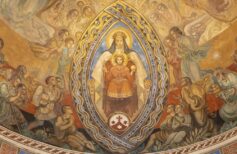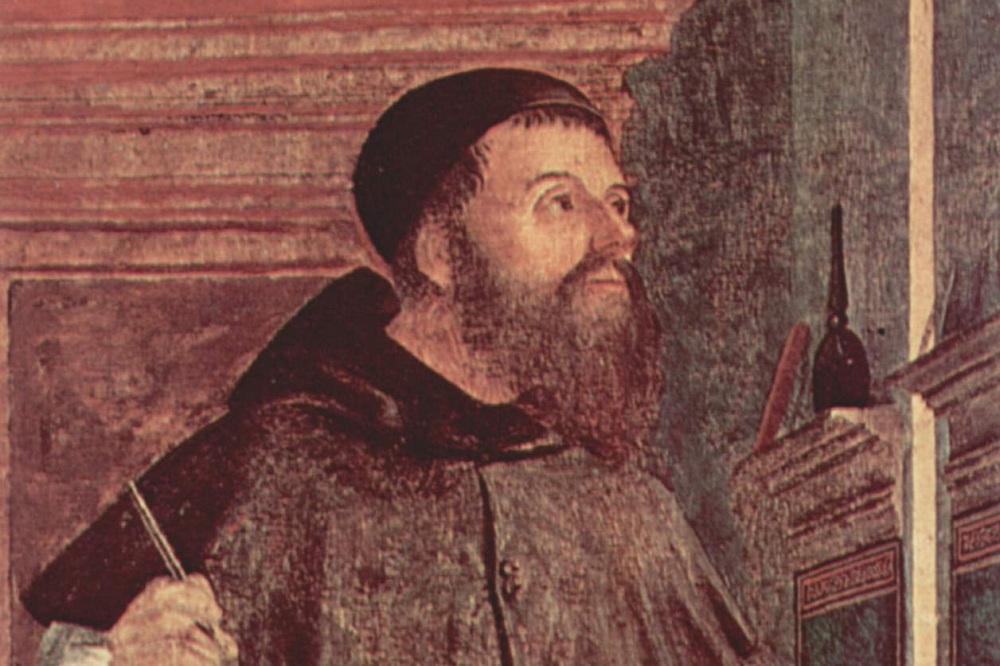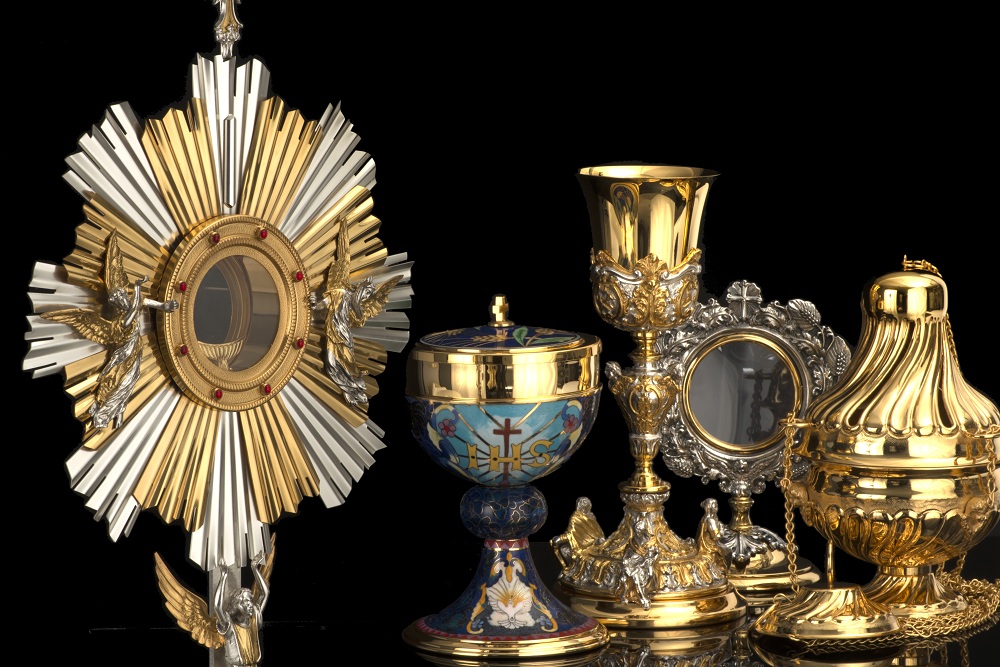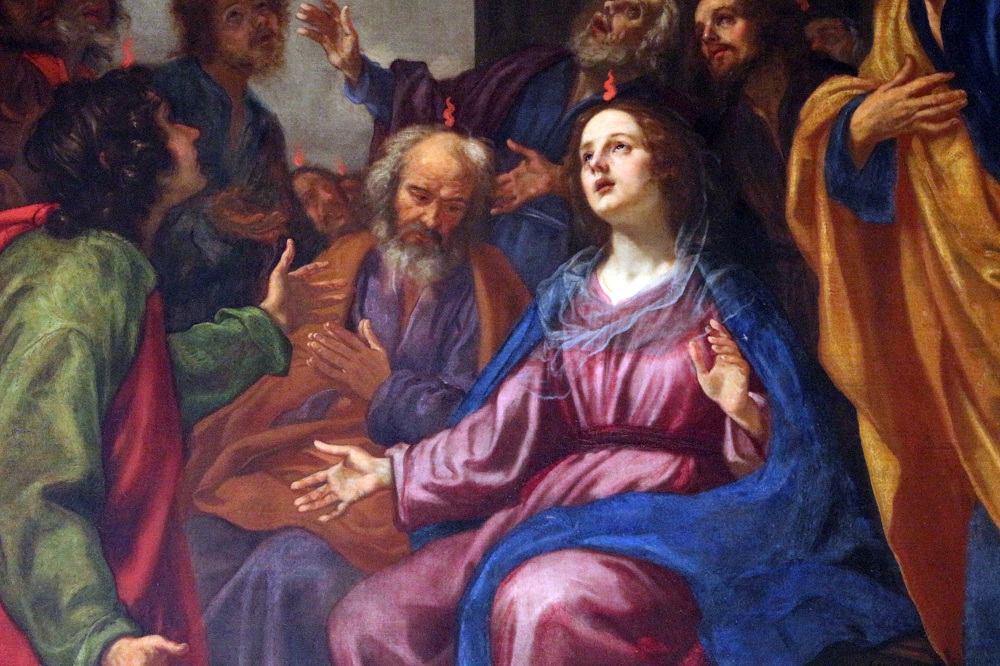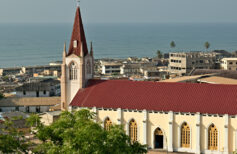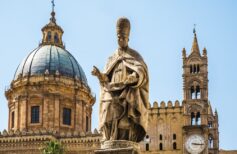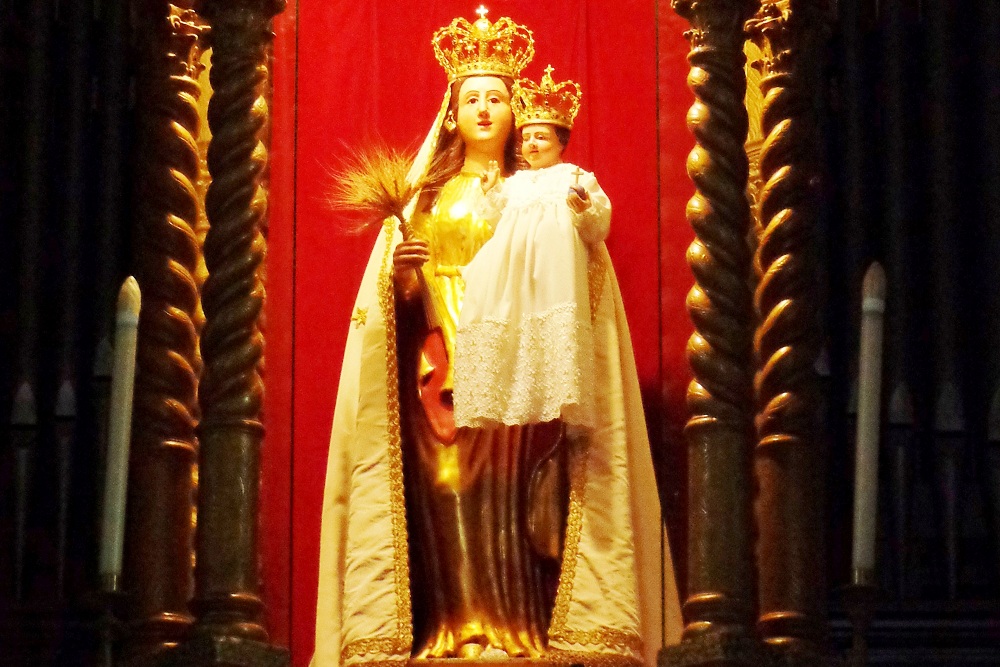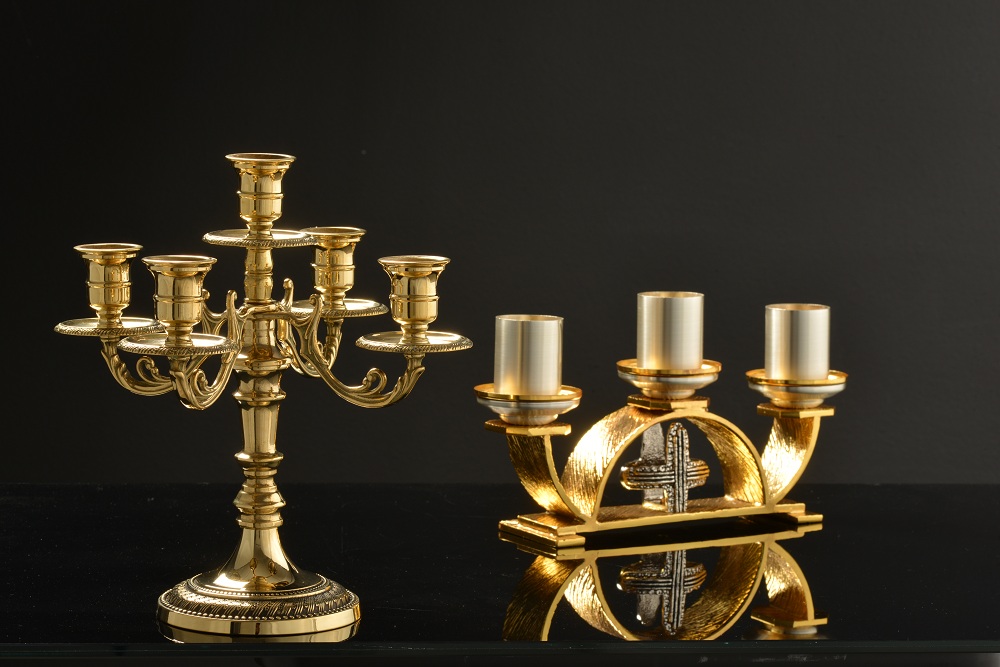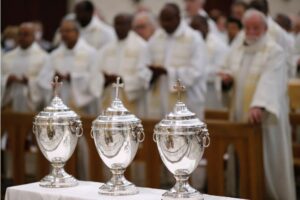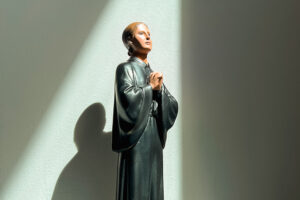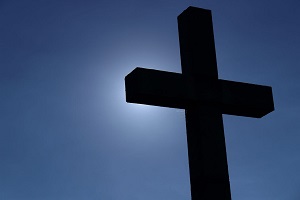The Fathers of the Church are the primary Christian writers, whose works form the foundations of the Church’s doctrine. Let’s get to know them.
We have previously discussed the Doctors of the Church, those men and women who, by virtue of their holiness and wisdom, have managed to magnify the Church and leave a testament of immortal theological knowledge and spiritual strength. Illustrious writers, therefore, who led a holy and devoted life, armed with knowledge of sacred matters, to the extent of being recognized as Doctors by decree of the Pope or ecumenical council. But four of them, in addition to being doctors, are also considered Fathers of the Church, and therefore, they have the dual title: we are talking about the four Fathers of the Western Church, St. Augustine of Hippo, St. Ambrose, St. Jerome, and St. Gregory the Great.

Doctors of the Church: who are they and what are the requirements for having this title
On 1 October we celebrate Saint Therese of Lisieux, one of the four…
It is they who elaborated what we know as Patristics, the Christian thought of the early centuries. Before that, Christian scholars and authors were engaged in Apologetics, the theological discipline through which they supported their religious and moral theses against criticisms and accusations from the outside. There are also the so-called Minor Patristics, promoted by those scholars who defended the Christian faith against Jews, pagans, and heretics. With the Edict of Milan (313 AD), Christians had obtained freedom of worship, so now they could focus on the study of sacred texts and the spread of religion.
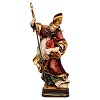
It is not easy to summarize in a few words the revolutionary importance of Patristic thought, which developed from the 3rd century AD. The Fathers of the Church began their work of study and preaching, and since they were, first of all, scholars, they did not hesitate to embrace the philosophy and pagan culture, inherited from the Greeks and Romans, to create the new Christian philosophy. They sought to integrate pagan thought, reworking many concepts in a Christian key and attributing them to their faith. In this way, classical philosophy becomes a means to understand Christian truths. This approach is called Greek Patristics. On the contrary, Latin Patristics will have a completely opposite attitude, rejecting any contamination from pagan philosophy as an obstacle to religion and claiming the need to create a philosophy exclusively linked to Christianity, justifying many gaps as mysteries of faith.

Saint Gregory the Great, Pope and Doctor of the Church
Saint Gregory the Great, “the consul of God”, venerated as a saint and doctor of the Church. But who was…
It would also be very difficult to do justice to the merits of the Fathers of the Church in a few lines. We will limit ourselves to briefly presenting them, referring you to various in-depth articles that we have already written on our blog, such as those on St. Augustine and his mother St. Monica, or St. Ambrose, the Patron Saint of Milan.
- St. Augustine of Hippo lived between 354 and 430 AD. Of North African origin, he was a philosopher, bishop, and theologian, Father, Doctor, and saint of the Church. His nickname was Doctor Gratiae, “Doctor of Grace”;
- St. Ambrose lived between 339 and 397. A theologian and writer, he was the bishop of Milan, of which he is also the patron, along with St. Charles Borromeo and St. Galdino, after attempting to peacefully end the strong contrasts between Arians and Catholics as the representative of Emperor Valentinian I;
- St. Jerome lived between 347 and 419 AD. A scholar of the Bible, his main work was the translation into Latin of part of the Greek Old Testament and then the entire Hebrew Scripture;
-
St. Gregory the Great lived between 540 and 604 and was the bishop of Rome and Pope until his death. Venerated as a saint and doctor of the Church even by other Churches, he was frail and often sick, but animated by immense faith and moral strength.
 Read more:
Read more:Saint Ambrose, who was the patron saint of Milan
Saint Ambrose is one of the patrons of Milan and is venerated by all Christian Churches. Let’s get to know him…


